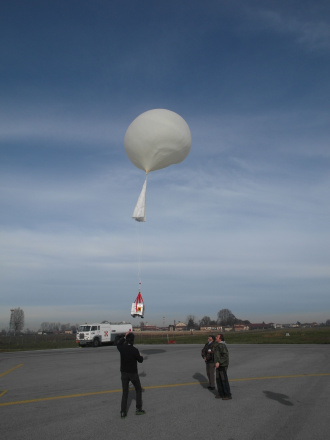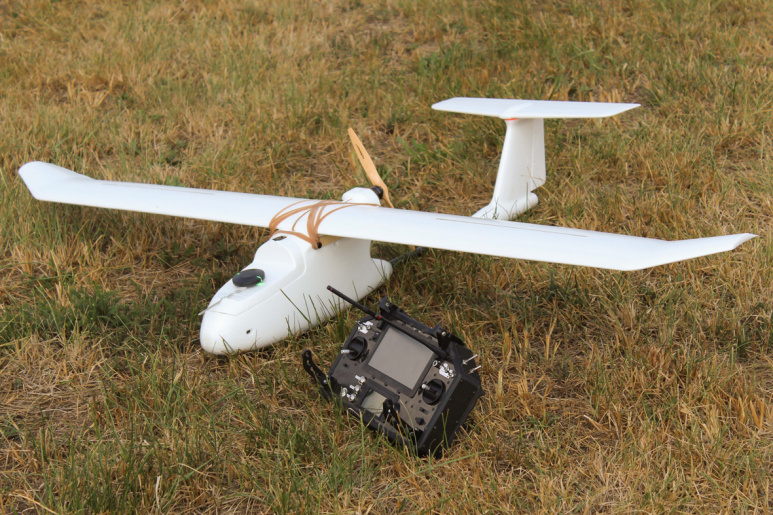Dynamics, control and flight simulation
This research is focused on the design of simulation models for fixed and rotary wing aircraft, including UAVs and Remotely Piloted Aircraft Systems. The research unit has developed some modular simulation tools, including the onboard equipment and the visual representation of the environment. The following applications were considered: integrated simulation environments (with FCS and autopilot), modeling of piloting and human-machine interaction, flying qualities and handling qualities (MIL-1797A and ADS-33), helicopter dynamics with suspended loads, rotor dynamics coupled with the propulsion system.
Flying prototypes and demonstrators (fixed and rotary wing aircraft depending on the application) have been designed and tested (both in wind tunnel and in flight) including different configurations of mini-UAVs. Most relevant fields of application are: monitoring, topography, precision farming, exploration in arctic and alpine environments, use of alternative energy storage (fuel cells).
A part of the research has been devoted to the design and integration of controlled systems (autopilots for autonomous flight) and remote control (tele-navigation systems and human-machine interfaces), even for non-flying vehicles (i.e. rovers for space exploration). The application to the autonomous flight has also been extended to the definition of guidance, navigation and control system design strategies based on optimization algorithms. The development of algorithms for mission/path planning and collision avoidance also falls within this field of activity. In particular expertise was acquired in the field of adaptive (L1 controllers), predictive (MPC and back-stepping), and classical control systems (LQR and H_inf).
Within space technologies and engineering, the research is on one hand oriented towards the simulation of decelerated reentry systems, and, more specifically, to the design of rendezvous / docking orbital maneuvers, including the modeling of guidance, navigation and control system and the development of experimental ground facilities equivalent to the orbital case.
The AeroSpace AuTonomous Robots with Onboard IntElligent AlgorithMs team (STREAM Robotics Lab, https://sites.google.com/view/streamrobotics-polito/home) is part of the Department of Mechanical and Aerospace Engineering at Politecnico di Torino and of the Flight Mechanics Research Team (https://staff.polito.it/giorgio.guglieri/). The STREAM team is involved on researchs related to Unmanned Aerial Vehicles, Ground Robots and Space systems. The main research topics are real-time guidance and control algorithms for advanced autonomous vehicles and robots, Guidance, Navigation and Control (GNC) algorithms for space proximity operations, design of robust and variable structure controllers for autonomous systems.

|

|
Publications
-
 Selected recent publications
2021
Selected recent publications
2021-
Controllore, metodo e sistema WEC
Patent
Zampato, Massimo; Vanzan, Daniele; Mattiazzo, Giuliana; Capello, Elisa; Bracco, Giovanni; Bonfanti, Mauro
N.802018000016344
-
Controllore, metodo e sistema WEC

 Web site
Web site